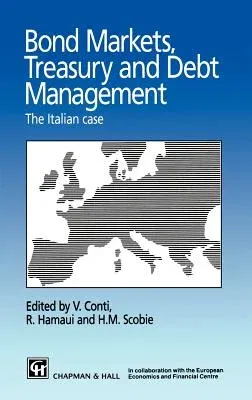Until not too many years ago, the Italian government bond market, though
the third largest in the world in terms of size, was characterised by
numerous inefficiencies and problems regarding both policy in managing
the public debt and the operation of the market. These aspects tended to
isolate the Italian market from the international fmancial community and
to keep large, international investors away from our market. As the
situation with Italy's public finances grew worse and with financial
markets being deregulated and expanding internationally, several direct
measures were taken in recent years to encourage an even greater
recourse to the Italian government securities market and to improve it's
efficiency. Innovations in techniques for issuing government bonds, the
creation of an automated trading system for Italian state securities,
and the launch of a futures market in Italy, too, have all been useful
measures in getting the Italian market closer to international
standards. The measures adopted by economic policy authorities have
often been inspired by the works developed by various study groups
instituted by the treasury Ministry as well as by research coming from
the academic world. Likewise, many measures aimed at improving the
government bond market have been realised thanks to the important
contribution of the trade associations and the main financial
intermediaries operating in Italy, whose studies, suggestions and
proposals have been based on operating expertise built up over decades.

